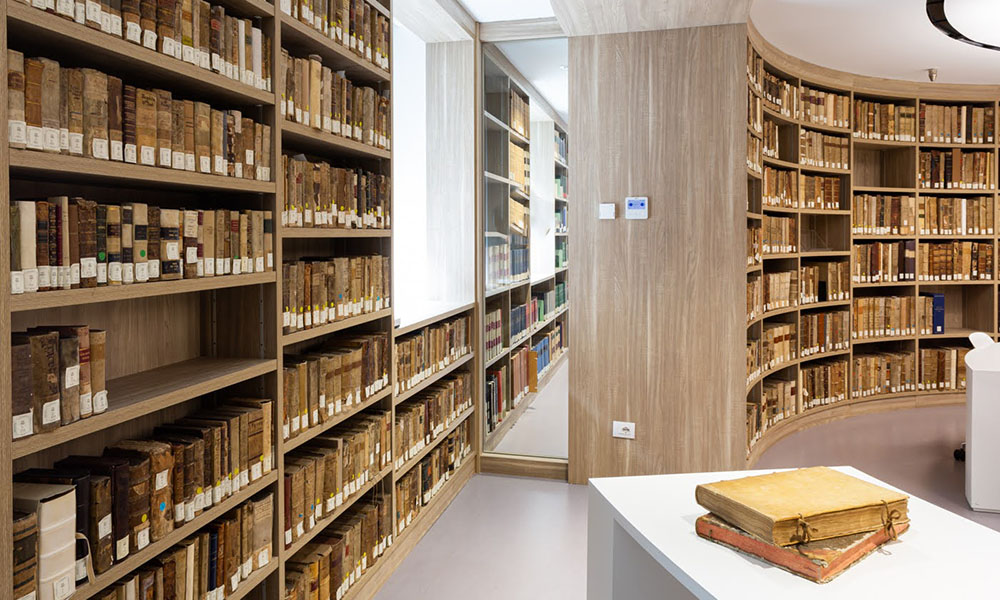The degree programme is divided into four training curricula :
The curriculum is aimed at training those who want to use their skills in the literary, cultural and humanities fields.
The curriculum allows students to apply the general linguistic competence provided by the degree programme with some functions related to text processing (editing work, website translation, etc.). The curriculum also allows access to teaching-oriented graduate degree programmes or to carry out all activities that involve cultural depth and solid preparation in the humanities. Teaching-oriented students are advised to inquire about the curricular requirements for admission to the respective qualification classes.
Within the study plan, courses (linguistic or literary) related to the chosen languages of specialization are recommended.
It provides technical skills and critical knowledge related to the dynamics of communication and mass media languages. The study plan of the programme is structured in such a way as to allow the student to apply language skills to the international and multilingual world of information and mass communication. It also offers an in-depth knowledge, of a technical-theoretical nature, of some specific contexts of communication and the ability to interact effectively with mass media content and channels in their respective cultural contexts (online editing, translation and localization of sites, management of corporate social media).
Language skills are oriented towards application in the business environment, in particular in functions more directly related to communication (marketing, sales, logistics) and meeting with foreign customers or partners. The solid linguistic and cultural training of the Faculty is therefore associated with the knowledge of the fundamentals of economics and finance, law and business and entrepreneurial realities. The programme can be suitably enriched with a company internship, even abroad.
The programme aims to train linguistic mediation skills to be applied in the context of international organisations, NGOs and other entities operating in international contexts characterized by significant linguistic needs. Possessing basic knowledge in geopolitics, law, economics as well as a deep cultural education, enables graduates to interact effectively as cultural mediators, to address a foreign audience, to draft and revise texts in a foreign language.
Languages of specialization
The languages activated and among which students can specialize are:
- Chinese
- French
- English
- Russian
- Spanish
- German
The Chinese language can be chosen in the curriculum in Language Expert for International Relations and in the curriculum in Business Language Expert.
The Chinese language in the study plans is always combined with the English language.
It should be noted that the choice of English between the two languages of specialization makes it possible to avoid as much as possible the risk of overlapping of lesson hours.




